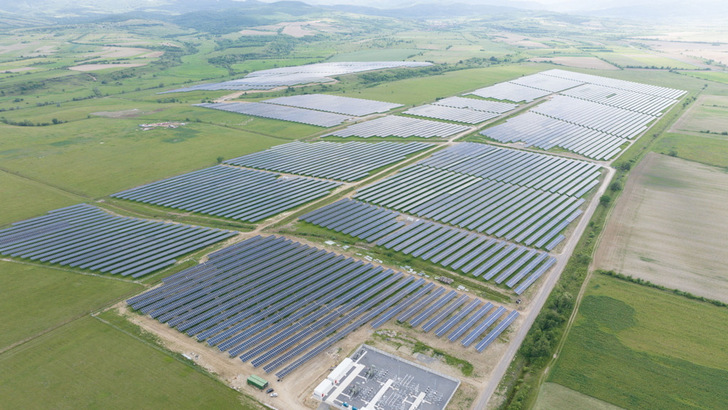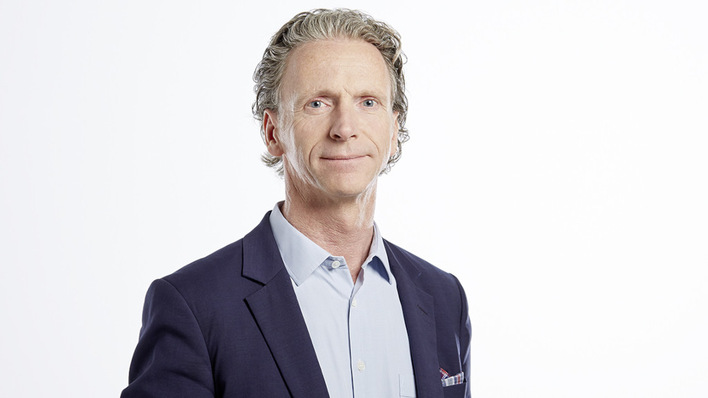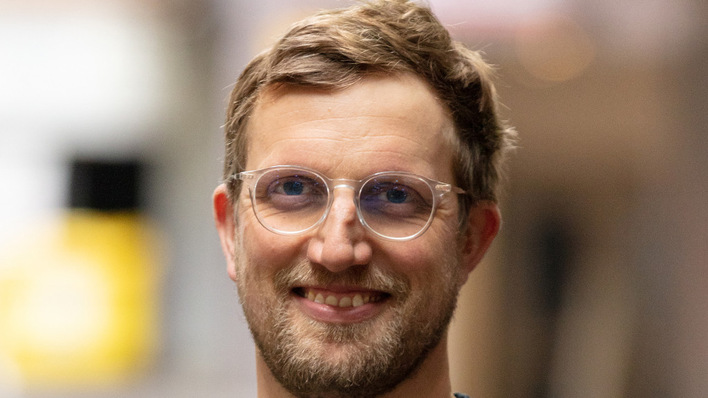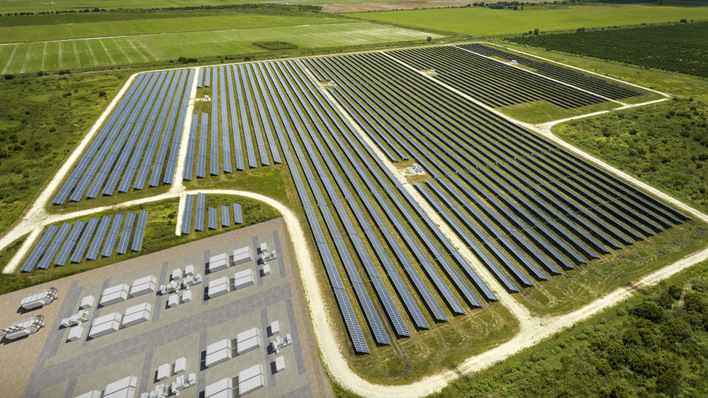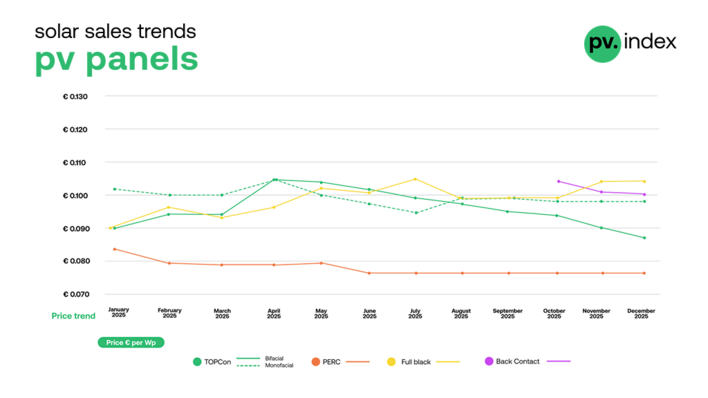Econergy plans to equip every connected and ready-to-connect solar project in Romania with electricity storage capacity. The aim is to consolidate and expand its position in the Romanian renewable energy market. Construction of battery systems is scheduled to begin at the end of 2025, transforming the PV projects into hybrid systems that offer higher returns through increased flexibility.
Solar Conference 2025 heads to Northern Macedonia
Ambitious growth plans
Romania aims to install 515 MWh of storage capacity by the end of 2025 across eleven photovoltaic projects totalling 672 MW. Key projects include Parau 2, with 343 MW of photovoltaic power and a 150 MWh Battery Energy Storage System (BESS). Construction of new facilities in Oradea and Parau is scheduled to begin in the third quarter of 2025.
The company expects Parau 2 to be operational within two years and is pursuing expansion in Germany, Poland and Italy. By the end of 2027, Econergy aims to have around 2 GW of photovoltaic and wind power as well as 1.5 GWh of BESS in operation. Over the next five years, the company intends to position itself among Europe’s leading hybrid platforms by integrating storage capacity into its 13 GW development pipeline.
Robert Janickas of Inion: “Blackouts are a lesson learned for flexibility”
Financing Romanian storage growth
The Romanian programme combines direct financing and exemptions from grid fees, creating an attractive environment for investors. Current benchmarks indicate storage systems can generate between €32 and €74 per kilowatt hour per year, depending on configuration. To support rapid implementation, the company has secured approximately €540 million in project financing for Romania, plus around €250 million from equity and bond issues.
Tomasz Bodetko of PST Group: “We need more energy storage facilities for balancing the grid”
Eyal Podhorzer, CEO of Econergy, sees storage as the future of renewable energy and explains that the company aims to be at the forefront of this transformation. It is on track to establish a strong presence in Germany and Romania, two of Europe’s most promising storage markets.
Two-pillar strategy
Econergy’s BESS strategy has two pillars. First, arbitrage: purchasing electricity when it is cheap and selling it when it is expensive, storing surplus solar power during low-price periods and feeding it into the grid when demand is high. Second, grid services with contractually agreed revenues.
CEO of sun.store: “We provide real-time availability”
Econergy aims to establish itself as a leading developer of hybrid renewable energy, combining solar and wind, in Central and Eastern Europe through the integration of BESS. By 2027, the company expects to operate 2 GW of photovoltaic and wind capacity and 1.5 GWh of storage, creating stable revenue streams from flexible generation and grid-supporting services. (mg)


